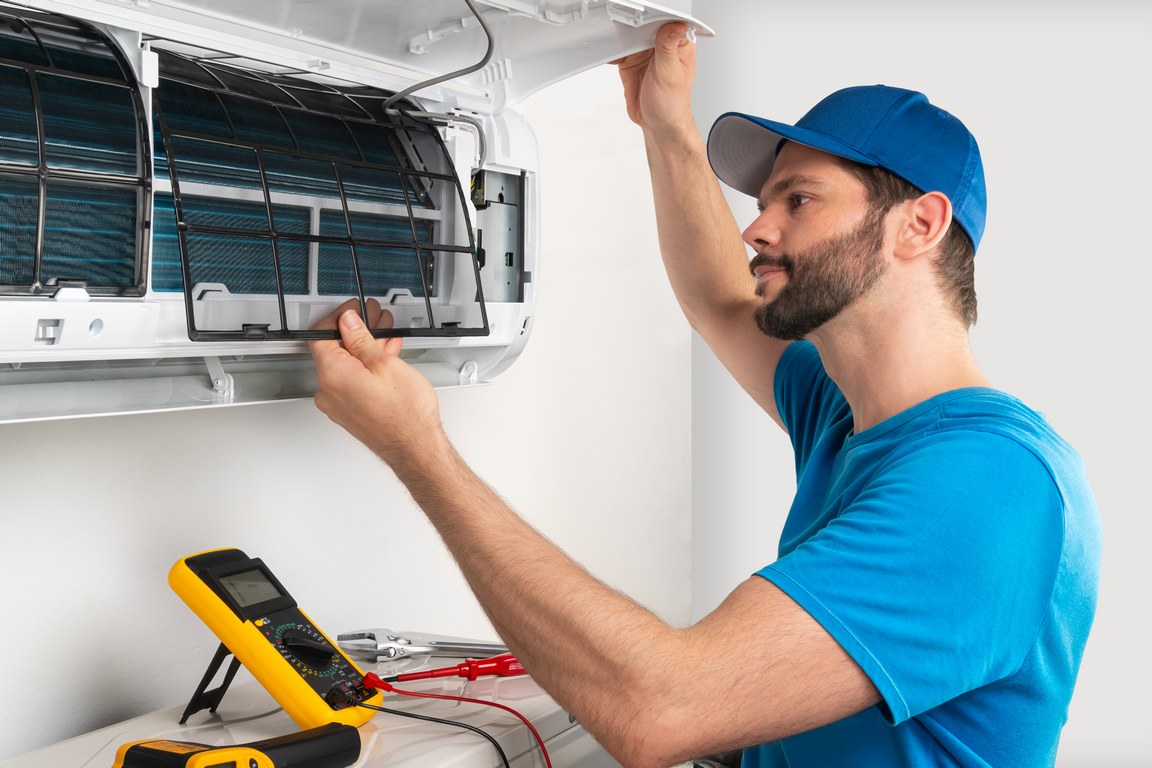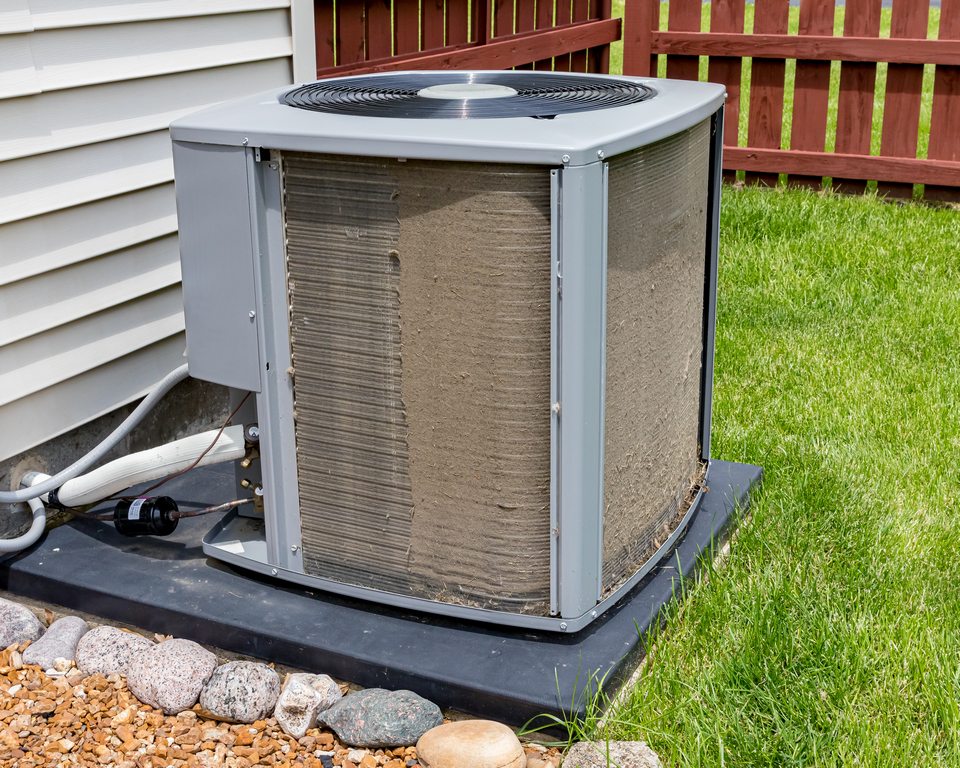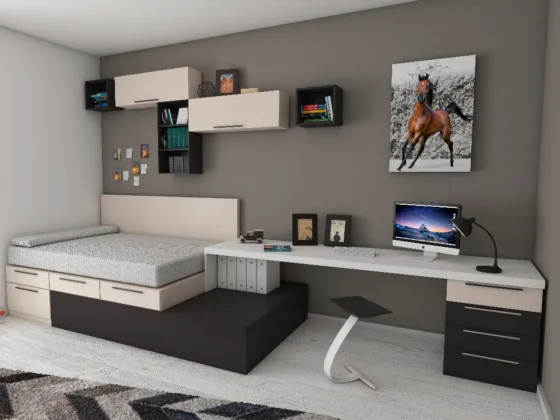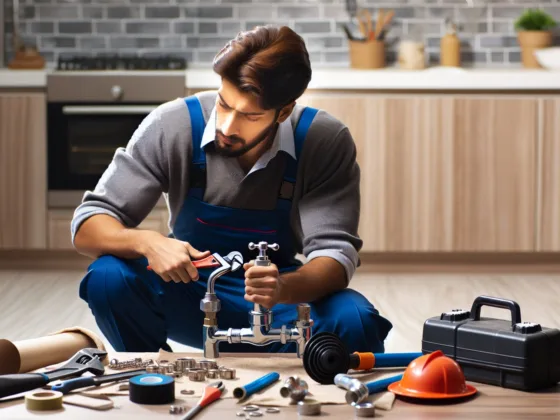The majority of homeowners depend on their air conditioners throughout the year. When your air conditioner starts showing signs of a potential problem, it can be a bothersome ordeal, especially during warm days.
The discomfort is one issue you’ll face, but the cost of replacing an AC unit can put a strain on your savings as well. Luckily, there are several maintenance hacks that you can do to keep yourtotal air conditioning unit functioning optimally.

The best time to carry out maintenance for various types of AC units is before they’re going to undergo constant use, especially during the summer.
Then, you’ll have assurance knowing that your air conditioner will function efficiently throughout the summer. In addition, doing so will help save money and keep your home comfortable at all times.
Routine Maintenance for an Air Conditioning Unit
It’s crucial to carry out routine maintenance on your cooling system from mid to late spring. Since the components of an AC unit are both inside and outside, make sure you’ll cover both areas carefully.
Here are several maintenance guidelines for your air conditioner:
1. Switch Off the Unit
Before performing routine maintenance, the safest and responsible way to start is to switch the power off. Once you cut off the power supply, you can ensure a thorough clean and minimize the risk of injury.
2. Get Rid of Any Debris
Make sure that less debris can enter the unit since it can potentially clog it up. Remove the cap and use a vacuum inside the condenser to clear all the gravel, leaves, tree branches, and any gunk present in your unit.
3. Clean the Fins
The fins are the miniature metal prongs responsible for protecting the condenser coil. The majority of homeowners usually end up with blocked fins on their air conditioners.
You can utilize a hose on a low setting to eliminate any unwanted buildup outside the fins. If possible, you can take out the lid of the condenser and spray it from the inside out.
Read Also:
4. Repair the Fins
The delicate metal pieces are susceptible to bending. One way to ensure that they’re functioning is to utilize a small knife and straighten the fins carefully on the condenser unit.
An alternative is using a fin comb which is a small tool that will drag and straighten several fins simultaneously.
5. Inspect Insulation on Coolant Pipes
A layer of thick insulation must cover the line conveying the refrigerant through your air conditioning unit. Often, exposure to the sun can damage the protective lining.
Make sure that you’ll inspect the insulation regularly since it keeps the refrigerant cold and protects the pipe.
6. Clear the Drain
The AC condensate drain fills up with condensation and water from your AC unit. However, the plastic tube can be the ideal environment for mold, which can clog the system. It’s best to utilize AC pan pills to prevent the condensate drain from clogging or use a vacuum to get rid of a clog if one is already present.
7. Inspect Your Filter
A good-quality filter is crucial in preventing grime and dirt out of your blower. Generally, you should change the filter every three months or so.
Regularly changing the filters will ensure that your AC unit will function optimally and avoid performance problems in the long run.
8. Check for Leaks
Once you detect a leak in any of the refrigerant lines in your AC unit, you should contact a professional to tackle the job.
9. Winter Preparation
During winter, it’s best to cover your AC unit or remove and store it properly. By covering the outdoor unit of your central air conditioner, it’ll protect the unit from winter weather and accumulation of debris.
When to Hire a Professional
Once your air conditioner requires more than regular maintenance, hiring a professional is the best move to make. They will inspect for any problems and perform the following:
- Check for the right amount of refrigerant
- Obtain any refrigerant that requires a proper evacuation method from the system
- Perform testing for refrigerant leakage using a leak detector
- Look for duct leakage and carry out necessary repairs
- Compute the airflow via the evaporator coil
- Double-check the appropriate electric control series and ensure that the heating system and cooling system do not function at the same time
- Check the electric terminals and keep the connections clean and secure
- Inspect the accuracy of the thermostat
- Check the oil motors and belts if secure and any signs of wear
Conclusion
If you want your air conditioner unit to last and function optimally for years to come, always prioritize routine maintenance. You can perform most of these maintenance tasks to ensure that your AC unit stays functional at all times.
Regular maintenance can help save on repairs and keep your home comfortable for years to come.










